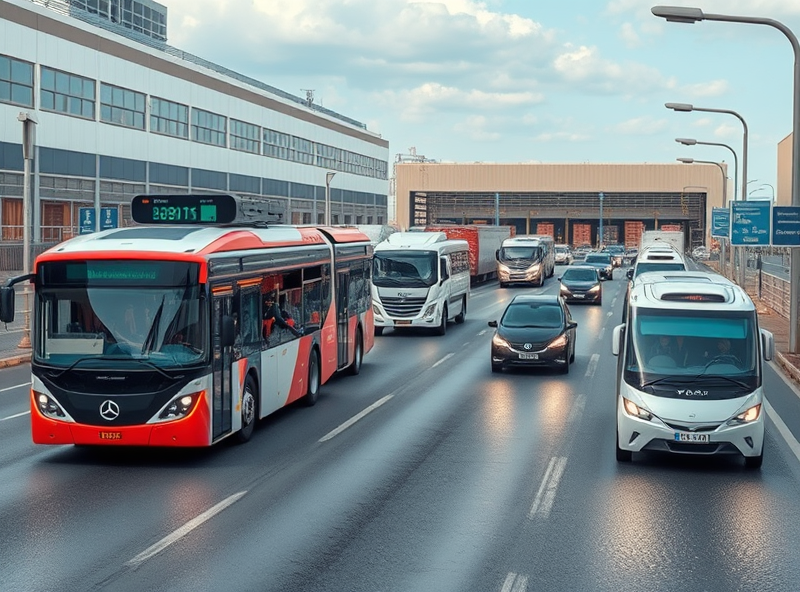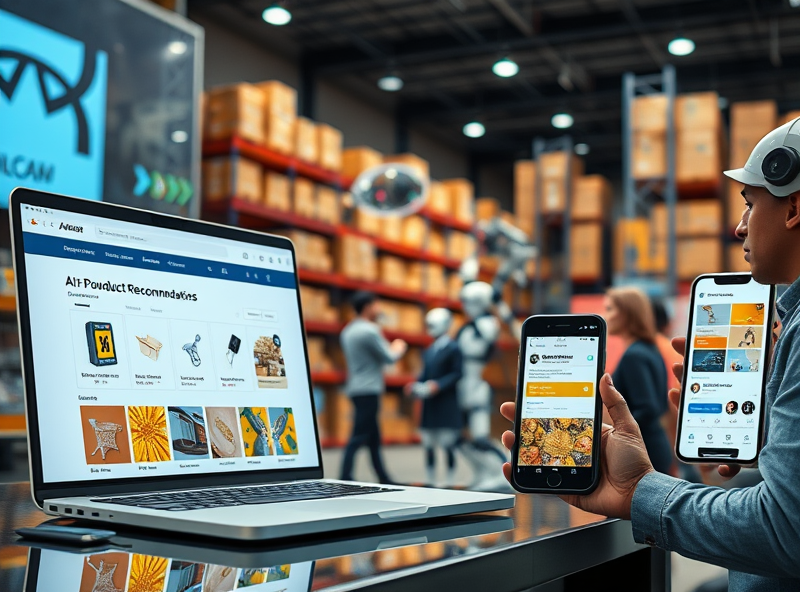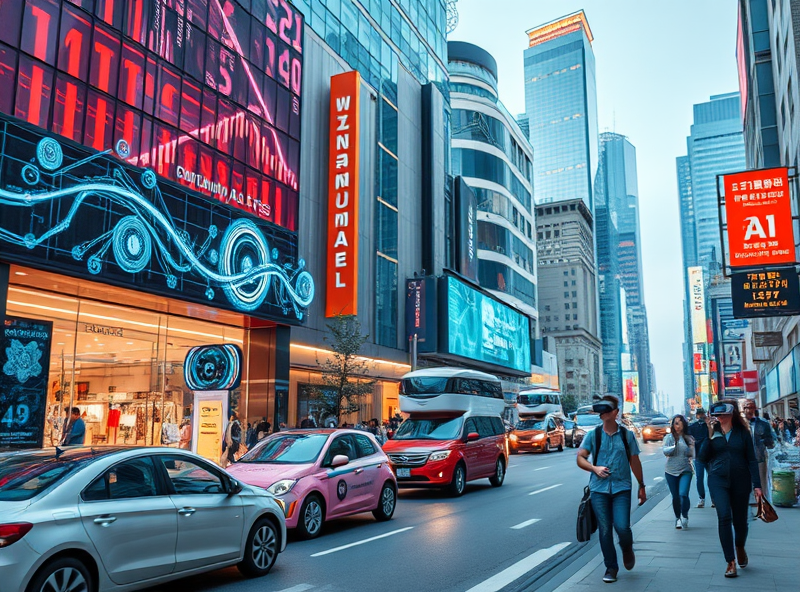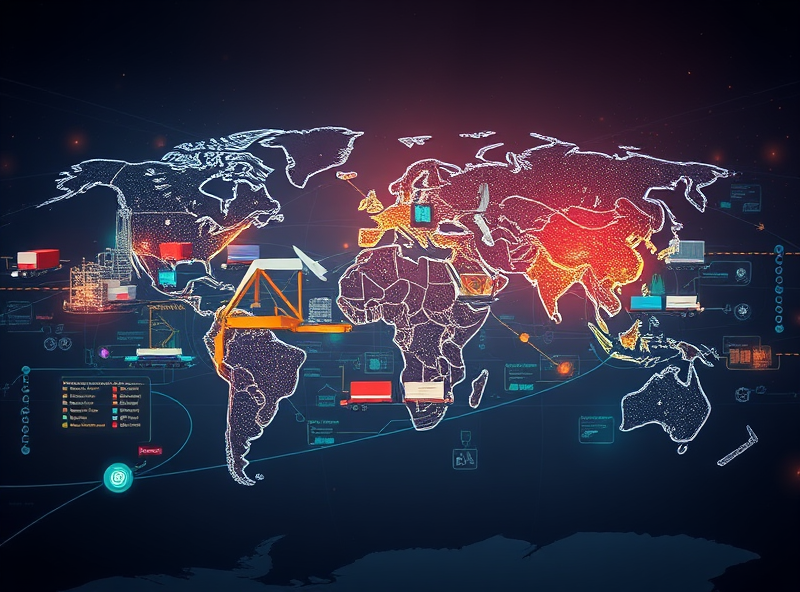AI in Transportation

Artificial Intelligence is revolutionizing the transportation industry, making it safer, more efficient, and environmentally friendly. One of the most notable applications is in autonomous vehicles. Self-driving cars, powered by AI, use sensors, cameras, and machine learning algorithms to navigate roads, avoid obstacles, and ensure passenger safety. This technology has the potential to reduce traffic accidents caused by human error significantly.
AI is also optimizing public transportation systems. For instance, predictive analytics can analyze traffic patterns and passenger demand to adjust bus or train schedules in real-time, reducing wait times and overcrowding. Additionally, AI-powered navigation apps provide drivers with the fastest routes by analyzing live traffic data, saving time and fuel.
In logistics, AI is streamlining supply chains by predicting delivery times, optimizing routes for freight trucks, and even managing warehouse operations with AI-driven robots. These advancements not only improve efficiency but also reduce carbon emissions, contributing to a greener planet.
Overall, AI in transportation is transforming how we move, making travel smarter, safer, and more sustainable.
AI in Retail and E-commerce

Artificial Intelligence (AI) is revolutionizing the retail and e-commerce industries, making shopping experiences more personalized, efficient, and enjoyable. One of the most notable applications is AI-powered recommendation systems. These systems analyze customer preferences, purchase history, and browsing behavior to suggest products tailored to individual tastes. This not only enhances customer satisfaction but also boosts sales for businesses.
AI is also transforming inventory management. Predictive analytics powered by AI helps retailers forecast demand, optimize stock levels, and reduce waste. This ensures that customers can find what they need when they need it, while businesses save on storage costs.
Moreover, AI-driven chatbots are providing 24/7 customer support, answering queries, and even assisting with purchases. These virtual assistants are improving customer service while reducing the workload for human staff.
Lastly, visual search powered by AI allows users to upload images and find similar products online, making shopping more intuitive and accessible. With AI, the retail and e-commerce landscape is becoming smarter, more efficient, and highly customer-centric.
AI in Finance

Artificial Intelligence is revolutionizing the finance sector in remarkable ways. One of the most impactful applications is fraud detection. AI algorithms analyze vast amounts of financial data in real-time to identify unusual patterns or anomalies, helping to prevent fraudulent activities and enhance transaction security. Additionally, AI is transforming investment management through robo-advisors. These intelligent tools provide automated financial advice tailored to an individual’s goals, risk tolerance, and preferences, making investment strategies more accessible and personalized. Furthermore, algorithmic trading powered by AI ensures faster and more accurate decision-making in stock markets, maximizing efficiency and profitability. AI in finance is not just about innovation but also about empowering individuals and businesses to make smarter financial decisions.
AI in Entertainment

Artificial Intelligence (AI) is revolutionizing the entertainment industry in ways that make our experiences more personalized, immersive, and engaging. One of the most notable applications is in content recommendation systems. Platforms like Netflix, Spotify, and YouTube use AI algorithms to analyze your viewing or listening habits and suggest content tailored to your preferences. This not only saves time but also introduces you to new shows, music, or creators you might not have discovered otherwise.
AI is also enhancing the creative process. For instance, AI tools can assist filmmakers in generating realistic special effects, creating scripts, or even animating characters. In gaming, AI powers smarter, more adaptive non-player characters (NPCs), making games more challenging and enjoyable. Moreover, virtual reality (VR) and augmented reality (AR) experiences are becoming more lifelike with the help of AI, allowing users to immerse themselves in entirely new worlds.
Finally, AI is making live events more accessible. Automated subtitles, real-time translations, and even AI-generated performances are breaking down barriers and making entertainment more inclusive for everyone. The integration of AI in entertainment is not just about convenience; it’s about creating richer, more meaningful experiences for audiences worldwide.



